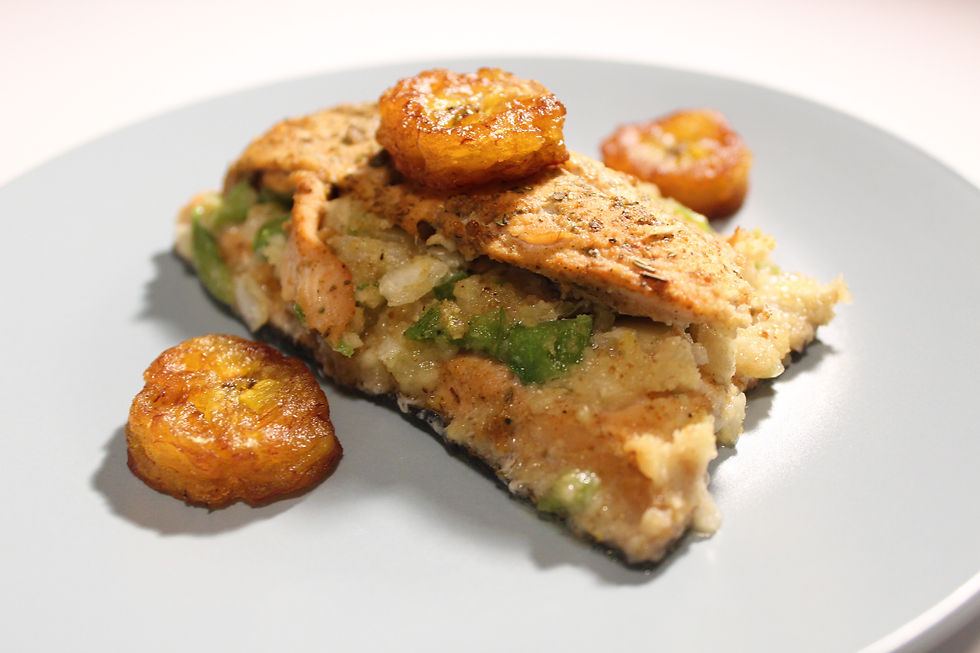The Cultural Ambiguity of Being a First-Generation American
- Amari Dawn Pollard

- Feb 11, 2020
- 3 min read

The classification of a first-generation American never rented space in my mind until a friend casually gave me that identifier one day in conversation. I cautiously stumbled over the label for weeks, wondering why I hadn’t thought of myself in that capacity until my 20s. It was an epiphany of identification, suddenly realizing I had never really considered myself anything. I was neither fully Jamaican nor American —I had always existed in a limbo of cultural uncertainty.
My parents left their home country of Jamaica during the ‘70s and ‘80s, respectively, to pursue their educational aspirations. As teenagers, they uprooted their lives and assimilated to a foreign nation, filled with equally foreign customs and expectations for Black people. In that transition, they clung to their Caribbean upbringings as the force of American society was poised to limit them.
After they met each other and accomplished the societal expectations of marriage, my parents made sure my sister and I understood our roots. They loved to tell us, “You may live in America, but you are being raised in a Jamaican household.” Despite being raised within their culture, they couldn’t raise Jamaicans in America, and America wouldn’t let them raise Americans either.
The idea of home, of one’s nation, is a central element of an individual’s identity; without it, we lack a full feeling of belonging and security. Our nationality helps to build a web of human connections, a sense of community and shape our beliefs. In the U.S., there is a list of features that identify me before I am considered American: Black, African, Jamaican, etc. But in Jamaica, I am just an American with Jamaican parents. Funny how the two countries that have the deepest influence over my being considered me as other. I suppose I would care less about being an unqualified Jamaican in Jamaica if I felt more American in my homeland. But this country was not built to make those who exist outside the approved American standards feel at home. We are constantly bombarded with images and messages that other us.
I often reflect on the fact that there was a time when Italians and the Irish were targets of slurs and bias propaganda, and how they were able to morph into the majority white American population by diluting their other identifiers. It was and is easier for them to blend in with the core ideology and concept of America, which is very much white and Euro-centric. But what about the rest of us, the ones who don’t easily fuse into the American composition because of our skin? Those of us with Asian, Latino or African descent remain as subcategories of the American identification.
America has a way of abruptly and gradually digging up your roots without giving you a plot of land to plant them. When my parents became naturalized citizens, they didn’t become American, they were dissolved into the subcategory of African-American, despite knowing little of their African beginnings and being born of a different country. History and the present prove that is how they are seen in every aspect of their lives, by neighbors, by employers, by police officers—firstly, above everything else, they are Black and carry all that comes with being Black in America.
And if their new nationalized roots were given no place to establish themselves and continue to sprout beneath the soil, then how was I ever expected to grow up American?
I wasn’t.



Comments